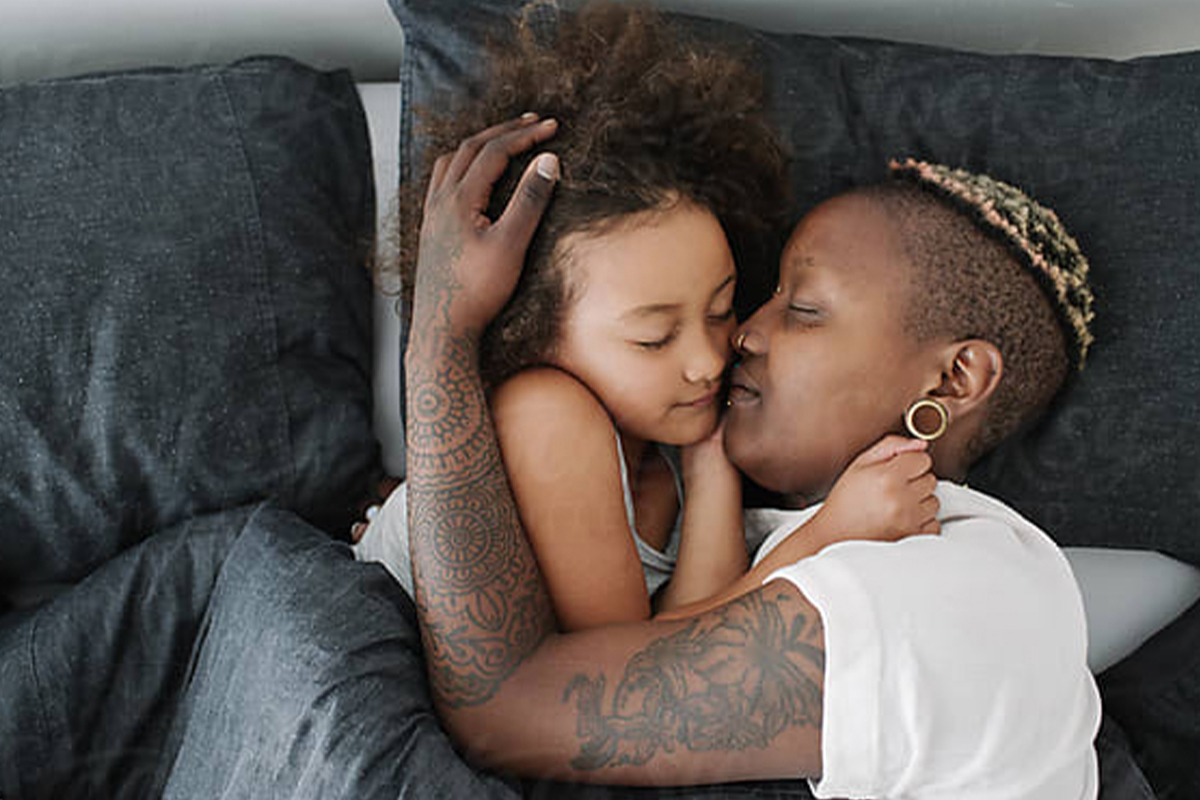
A small change at the pediatrician’s office can make a large difference for all U.S. children. Integrating early childhood mental health staff, services, and systems into pediatric practices, also known as medical homes, transforms primary care visits into holistic visits that care for the physical and mental health of a young child.
In 2009, the Massachusetts Executive Office of Health and Human Services, the Massachusetts Department of Public Health, and the Boston Public Health Commission received funding from the Substance Abuse and Mental Health Services Administration (SAMHSASubstance Abuse and Mental Health Services Administration The Substance Abuse and Mental Health Services Administration (SAMHSA) is the agency within the U.S. Department of Health and Human Services t…) to create a model of early childhood mental health programs to be modeled in pediatric medical home.
The model is based on a partnership between a family partner and mental health clinician dedicated to early childhood mental health. Acknowledging that many practices may not have the capacity to employ these positions in the current healthcare payment environment, BPHCBoston Public Health Commission The Boston Public Health Commission, the oldest health department in the United States, is an independent public agency providing a wide range of health services and pr… has created a toolkit that can provide guidance for providers. The Toolkit is a comprehensive collection of tools and guidance for integrating early childhood mental health staff, including a family partner, into the pediatric primary care setting, including:

The Early Childhood Mental Health Partnership continues to work toward a reality that allows all children and families – particularly the most vulnerable – to have equitable access to high quality early childhood mental health enhanced medical homes.